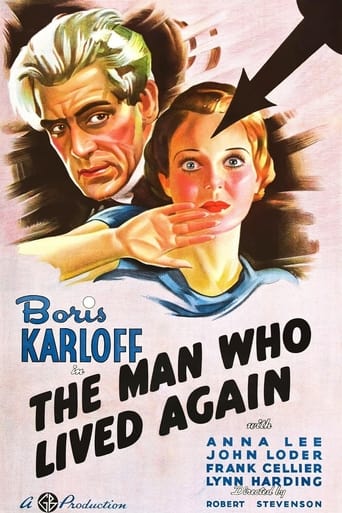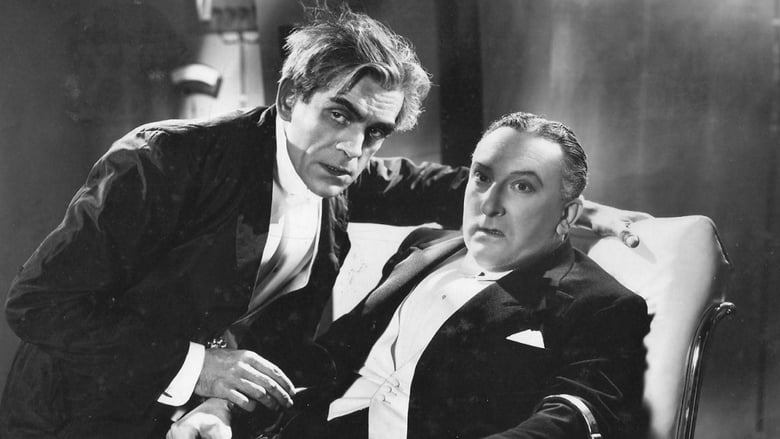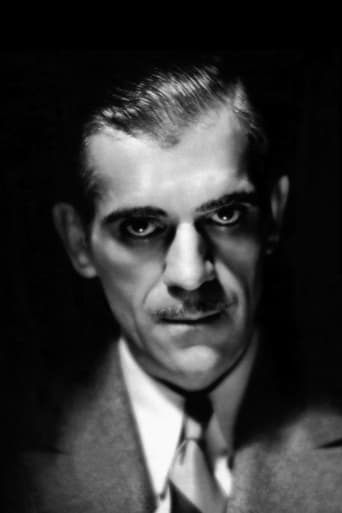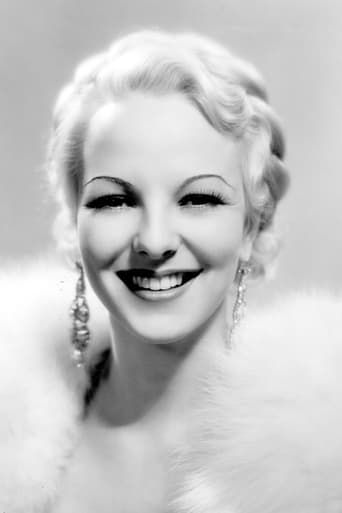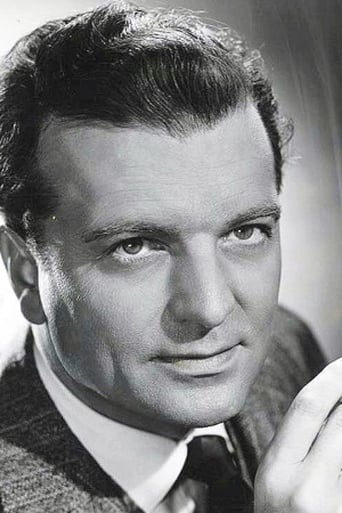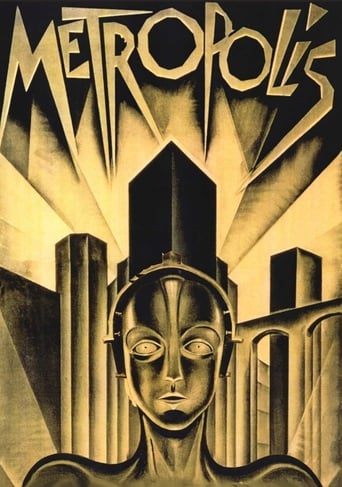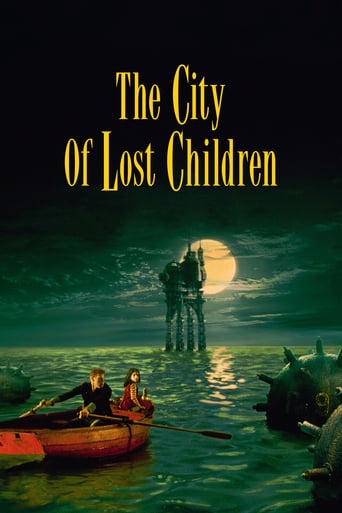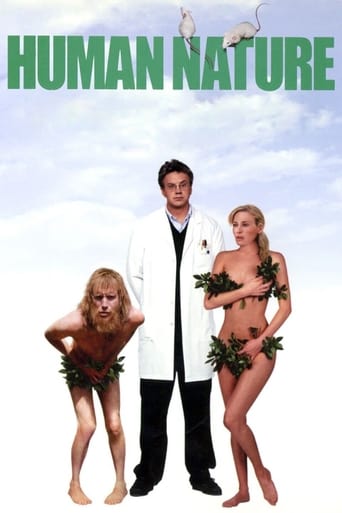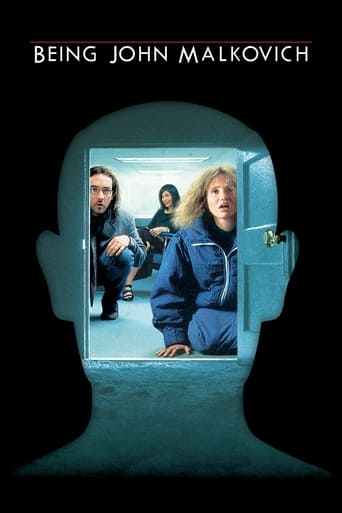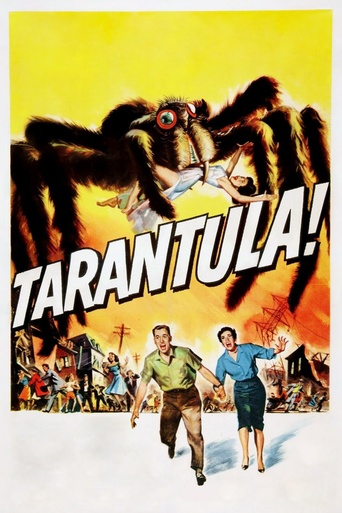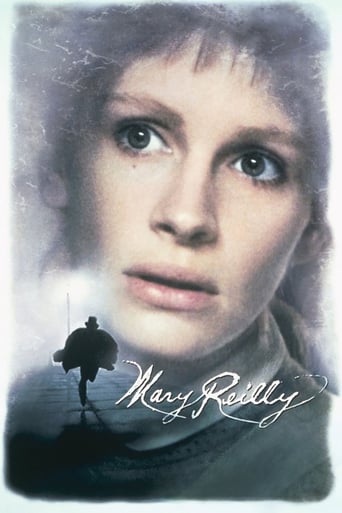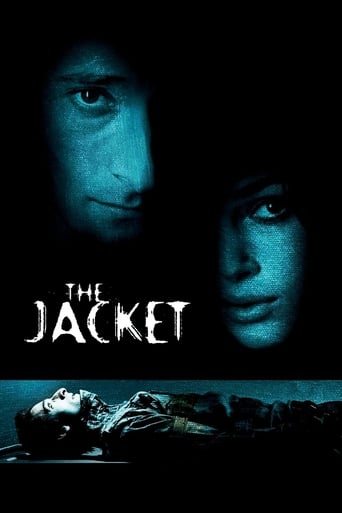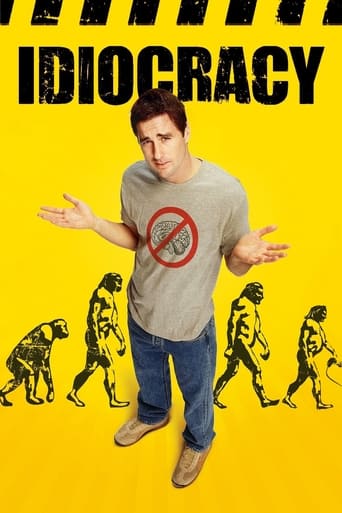The Man Who Changed His Mind (1936)
Dr. Laurence, a once-respectable scientist, begins to research the origin of the mind and the soul. The science community rejects him, and he risks losing everything for which he has worked. He begins to use his discoveries to save his research and further his own causes, thereby becoming... a Mad Scientist, almost unstoppable...
Watch Trailer
Free Trial Channels
Cast


Similar titles
Reviews
A Brilliant Conflict
It was OK. I don't see why everyone loves it so much. It wasn't very smart or deep or well-directed.
This movie feels like it was made purely to piss off people who want good shows
It's a movie as timely as it is provocative and amazingly, for much of its running time, it is weirdly funny.
Boris Karloff returned to Great Britain for a few films, this one The Man Who Lived Again being one of them. It was done for Gainsborough Pictures and it had Boris once again as a mad scientist. In the scientist role Karloff must have looked at this as familiar material.As a scientist Karloff is doing Frankenstein like experiments. But not with cadavers and stolen brains creating life from the ground up. Here he's in the business of exchanging souls. Literally taking the experiences imprinted on our gray matter and with some mad scientist type equipment putting two animals or two men as it were and exchanging all the life experiences that sum up a human being and swapping it with another's experiences.He's even impressed young doctor Anna Lee with his genius, but she runs when she learns the nature of his experiments. It's an interesting premise, but Gainsborough Pictures didn't invest too heavily in this one other than get Karloff back from America.I wonder if this is the origin of Freaky Friday and a host of imitators.
Boris Karloff is reason enough to see any film of his. The Man Who Changed His Mind is not an exception. At 62 minutes, I did think it was too short, you'd expect a TV episode to be that length but not so much a film, and John Loder is rather stiff as a character that is not particularly interesting. However, The Man Who Changed His Mind is well shot with sets that add to the atmosphere. The music score, while it's never going to be one of my favourites, fits with the mood very well, with some memorable parts and it never overbears the drama. The dialogue is tongue-in-cheek and witty, advantaged also by being delivered with zest by the cast. The idea in variations has been done to death, but you don't care here because the story is suspenseful, fun and always interesting with not a moment when it drags. Other plot points such as the love triangle bring a touching yet never over-saccharine element to it but sensibly kept at minimum. Anna Lee is radiant in looks and proves to be a sympathetic actress also. Frank Cellier and Donald Calthrop are great as well, but Boris Karloff comes off best in one of his best ever performances, when he's on screen you cannot look away from him. To conclude, it is a shame that The Man Who Changed His Mind is seldom seen, it's not perfect but Karloff's performance especially makes for a film that I found myself enjoying a lot. 8/10 Bethany Cox
Although this Gaumont-British film presentation is neither as memorable nor sentimental as "The Ape," future "Darby O'Gill and the Little People" director Robert Stevenson's "The Man Who Changed His Mind" with Boris Karloff still qualifies as a taut, entertaining tale about a stereotypical mad scientist who harnesses the power of electricity to swap the minds of two separate individuals. Unfortunately, dim-witted, middle-class morality with its attendant status quo values blemishes the brilliant but nefarious ending where evil virtually triumphs over good. Today's impressionable audiences may bridle at Karloff's protagonist who is shown chain smoking cigarettes. The theme of "The Man Who Changed His Mind" is about man playing God. Karloff's mad scientist begins with the best motives but after society scorns him, he turns evil and wants to alter things to satisfy himself rather than mankind. Predictably, too much knowledge destroys him.British horror icon Boris Karloff had attained acclaim as the eponymous monster in "Frankenstein" (1931) several years earlier and "The Ape" didn't go into release until 1940. Karloff's performance is sterling, and "The Man Who Changed His Mind" boasts an outstanding supporting cast, including John Loder, Anna Lee, Frank Cellier, and Donald Calthrop. "Frankenstein" scenarist John L. Balderston, "The Lady Vanishes" scribe Sidney Gilliat and "Seven Sinner" writer L. du Garde Peach cram this trim 65-minute melodrama with romance, tension, humor, and horror. While Stevenson confines the action primarily to studio interiors, this sense of claustrophobia creates considerable atmosphere. The laboratory with its crackling bursts of electricity and all those knobs, gears, and sliders is adequate, believable, and never as outlandish as the one in "Frankenstein." Stevenson's energetic direction eliminates any lulls of the action.The Karloff movie begins in a surgical suite as two doctors complete an operation and clean up. Dr. Gratton (Cecil Parker of "The Saint's Vacation") observes to Dr. Clare Wyatt (Anna Lee of "King Solomon Mines") with an air of finality, "Well, that's the last time we shall operate together." Clare is leaving the hospital to join Viennese brain specialist Dr. Laurience (Boris Karloff) out in the boondocks at his manor house to assist him with his eccentric experiments. Another doctor reminds Clare that Laurience is "a little unorthodox." Gratton describes Laurience's ideas as both "queer" and "impossible." Clare reminds him that geniuses are a bit queer. Meanwhile, Wyatt's indefatigable boyfriend Dick Hastlewood (John Loder of "The Gorilla Man") wants to accompany her. Repeatedly, she has refused to marry Dick. When he tells her she needs somebody to take care of her, Clare points out that she "specializes in looking after herself." Nevertheless, Dick follows the independent minded Clare. She travels by train and then by coach. The coachman drives Clare to the edge of Dr. Laurience's manor house but refuses to escort her to the door. This driver's paranoia about Laurience's home recalls the coachman in "Dracula" (1930) refusing to take Harker to Dracula's castle. Laurience's wheelchair bound companion Clayton (Donald Calthrop of the 1929 movie "Titanic: Disaster in the Atlantic), who always has something snide to say, greets Clare at the door. Clayton describes himself as "one of the doctor's more hopeless cases." He suffers from an intracranial cyst and says about himself "most of me is dead; the rest of me is damned." The use of profanity in an early British film is singular.Laurience is overjoyed to see Clare. Laurience was once a leading authority on the human brain before his colleagues alienated him because he "told them something about their own brain." Clare wonders why Laurience chose her as his colleague. Laurience applauds Clare because she "has faith in what is new" and "the courage to face things." "I shall show you strange things about the mind of men," he assures her. Laurience works around the clock. No sooner has Clare settled into the creepy manor house than Dick pulls a Romeo. He climbs up to her window and begs her to leave. She sends him packing after he warns her that the servants quit Laurience because he frightened them. Meanwhile, Clayton expresses a low opinion of Clare, and Laurience threatens to withhold an injection that would mean death for Clayton. Clayton really doesn't care whether he lives or dies. Clayton reminds Laurience that he is "the only person who understands" him.Meantime, Dick pens a newspaper story about Laurience's mysterious scientific experiments. Newspaper baron Lord Haslewood (Frank Cellier of "The 39 Steps") likes the story and wants to finance Laurience's research since scientific success is front page news. Back at the manor, Laurience demonstrates with the use of his elaborate apparatus on two different monkeys that he can extract the thought content of one mind and switch it with another. When Laurience raves that he could switch the thought contentwhich he designates as 'the soul'--in people, Clare tries to dissuade him. "No, I can't do that," whispers a clearly unhinged Laurience to himself.Eventually, Lord Haslewood recruits Laurience to conduct experiments at the world renowned Haslewood Institute Laboratory. When Laurience presents his findings to his peers, Professor Holloway (Lyn Harding of the unfinished 1937 version of "I, Claudius") derides Laurience's research as that of a lunatic. Not only does Haslewood oust Laurience from his Institute but he also refuses to let him take his research because it belongs to the Institute. Laurience overpowers Haslewood, straps him into one chair, and switches Haslewood's mind with Clayton's mind. The deception succeeds for a while, until Clayton discovers Haslewood's heart condition. Laurience strangles the uncooperative Clayton-as-Haslewood and incapacitates meddlesome Dick Haslewood. Laurience swaps Dick's mind with his own by means of a remote control process. Since Laurience has already incriminated himself as the killer, he hopes that the authorities with arrest himself, but by then his soul will occupy Dick's head and vice versa. Laurience almost gets away with his scheme in this thrilling little exercise in nail-biting suspense.
"The Man Who Changed His Mind" is hokey, but quite admirable. Boris Karloff plays the title character, who figures out a way to switch people's brains, but gets rejected by the scientific community. So, he engages in an unauthorized experiment with a high-ranking lord in order to further his own interests. It all comes down to a final showdown.The movie sort of reminded me of Karloff's later movie "The Man They Could Not Hang". That was another one where he came up with a new, controversial experiment but got rejected by the scientific community (needless to say, he got his revenge).So, it's a nice, silly way to pass time. As always, Karloff's face is practically half of his character. And Anna Lee is really hot! PS: director Robert Stevenson also directed "Mary Poppins".

